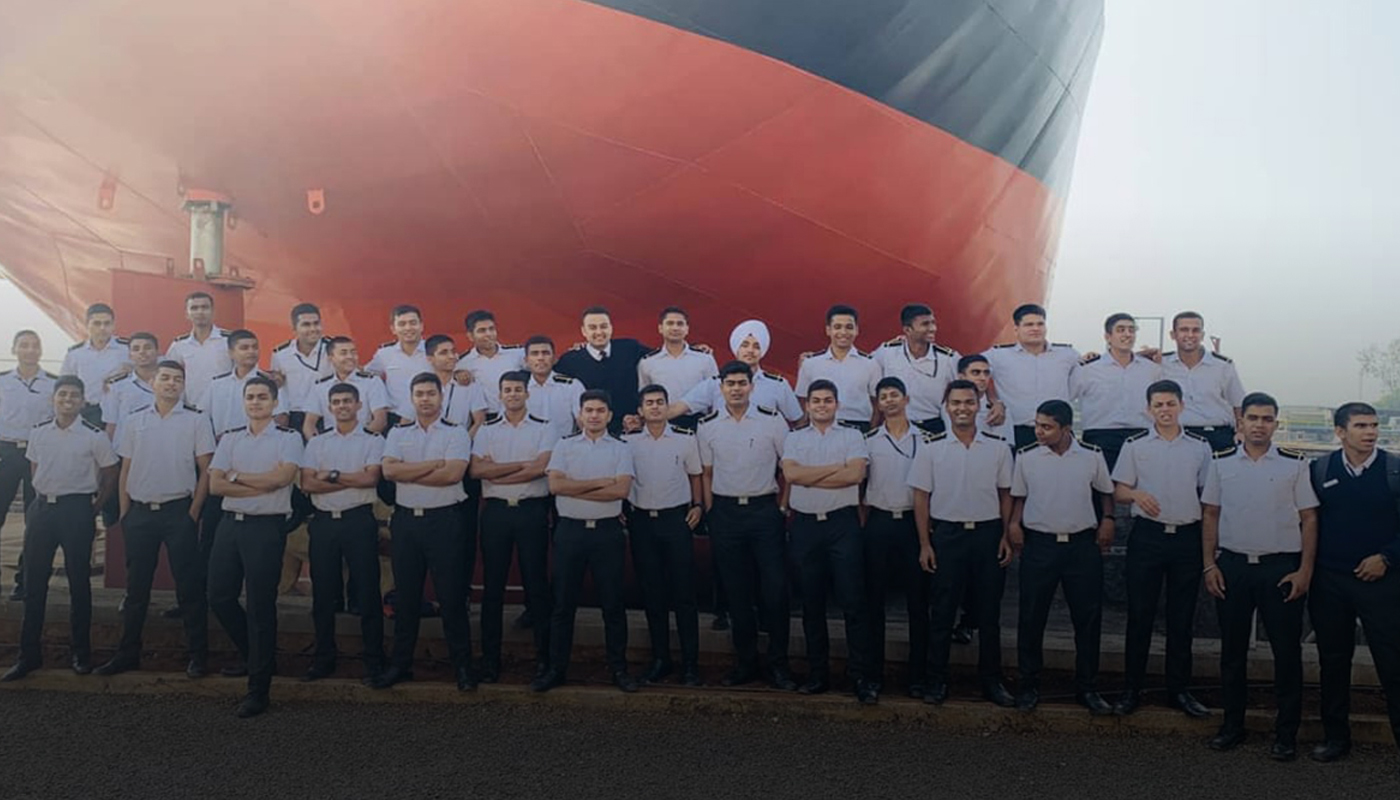In a significant move towards enhancing maritime training and regulatory compliance, the Directorate General of Shipping (DG Shipping) has released a revised version of its Training Manual. This updated manual is designed to elevate the standards of India’s maritime education sector, aligning with global requirements under the International Convention on Standards of Training, Certification, and Watchkeeping for Seafarers (STCW 1978) and its subsequent amendments. The DG Shipping has now invited stakeholders to review and provide feedback on the draft volumes before October 15, 2024.
The revision of the Training Manual by the Directorate General of Shipping (DG Shipping) is an important initiative aimed at streamlining maritime education in India. However, Maritime Training Institutes (MTIs) could face several challenges in aligning with these updates. Some of these challenges include:
- Compliance with New Standards: Adapting to the revised standards, particularly in areas like E-Governance and technological integration, could require significant investment in both time and resources. Smaller MTIs, especially those with limited digital infrastructure, might struggle to implement the new guidelines, especially in Volume 3, which deals with digital governance modules.
- Updating Curriculum and Training Infrastructure: The revised manual emphasizes technological advancements, which may necessitate the overhaul of existing training programs. MTIs will need to update their curriculum and training infrastructure to meet new global standards, including adding simulators, advanced equipment, and digital learning platforms. This could be especially challenging for institutes that lack the resources to invest in modern infrastructure.
- Faculty Training and Competency: MTIs will also need to ensure that their faculty members are adequately trained to deliver the updated curriculum. As new technologies and sustainability guidelines are incorporated into the curriculum, teachers will need to be trained on new teaching methodologies and advanced maritime technologies. Ensuring continuous professional development will be a key challenge for institutes.
- Integration of Sustainability and Green Shipping Practices: With growing emphasis on sustainability and green shipping practices, MTIs will need to include modules that focus on environmental regulations, decarbonization strategies, and energy-efficient maritime operations. Many institutes might find it challenging to stay updated with global environmental regulations and standards while teaching students the necessary skills for future shipping operations.
- Balancing Costs and Quality: Ensuring high-quality training while keeping it affordable for students may present a financial burden for many MTIs. The costs associated with upgrading equipment, facilities, and technology might lead to higher tuition fees, which could reduce the accessibility of these programs for lower-income students.
- Monitoring and Evaluation Compliance: With the introduction of stricter monitoring and compliance guidelines, especially in the areas of orndance delivery and quality assurance, MTIs may find themselves under increased scrutiny. This will require them to establish robust internal monitoring systems to ensure that they meet the new performance criteria, which might be resource-intensive.
- Feedback Mechanism and Administrative Overload: The introduction of more comprehensive feedback mechanisms from the Directorate, especially with regard to volume feedback collection and stakeholder participation, might overwhelm MTIs that are not used to handling such levels of compliance and reporting.
- Regional Disparities: Institutes located in rural or less-developed areas might face greater challenges compared to those in major cities, particularly in accessing the necessary technology and faculty training required to meet the revised standards. This could widen the gap between well-established and emerging MTIs, further challenging national maritime education.
While the revised training guidelines by DG Shipping mark a progressive step towards improving maritime education, MTIs will need to address these key challenges to successfully implement the changes and continue producing globally competitive seafarers.





One thought on “Key challenges Maritime Training Institutes will have to face due to revision of the Training Manual”